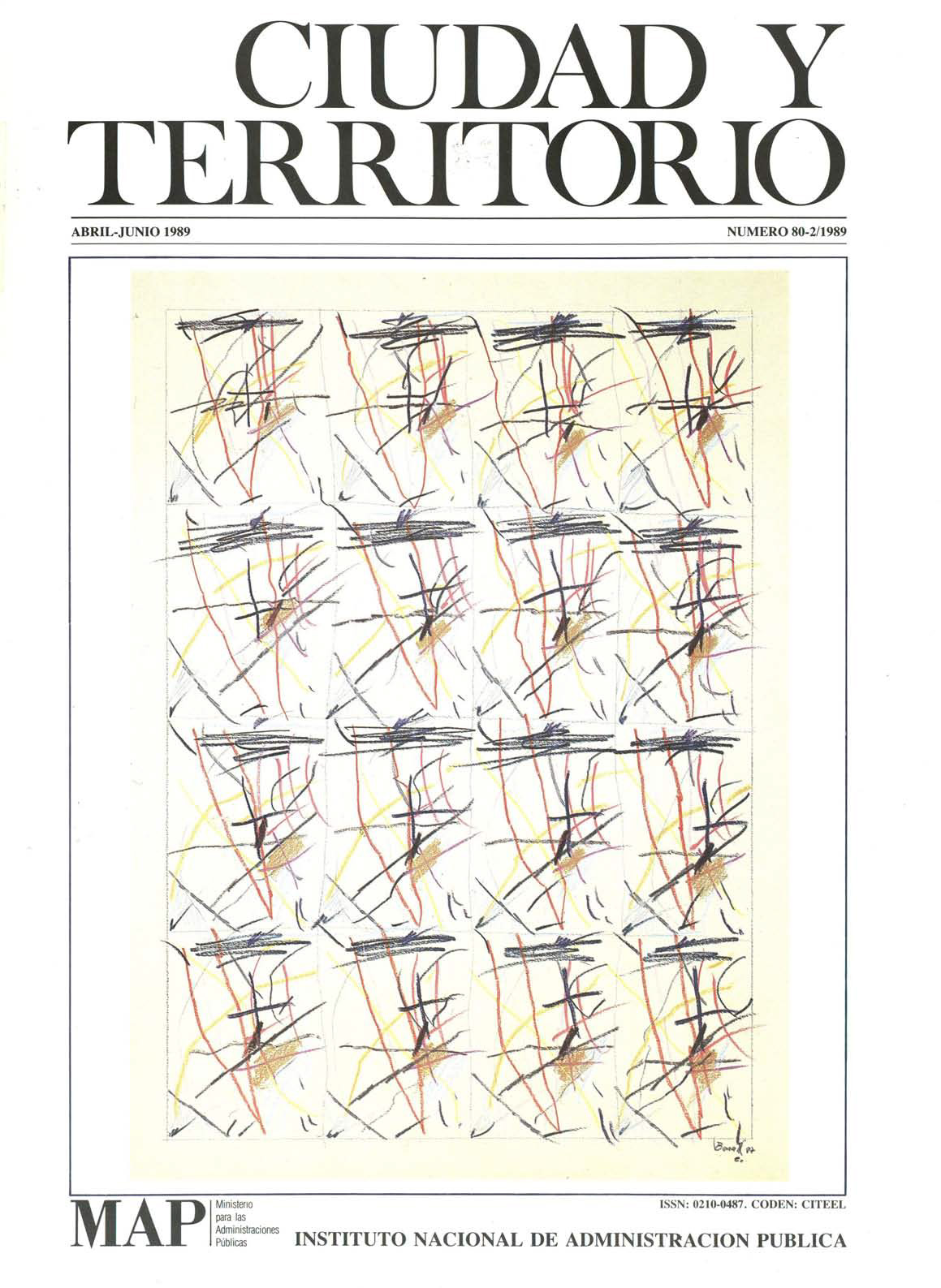Planning and urban zoning in general purpose ports
Abstract
This study, taking as its reference the conflicts as to competencies as between the State and Autonomic Regional Governments highlighted by the recent port disputes between the first and the Basque Autonomic Regional Govt. Then the Cantabrian ditto, the one resolved by the Constitutional Court Sentence 77/1984-Ugaldebieta Solution, the other still sub judice, attempts to clarify that conflict of interests and powers that must lie behind decisions affecting ports held to be of a general utility, decisions affecting the urbanistic nature, economic planning and the public utility that such places are said to possess and attempts this clarification convinced of the pressing need for creating administrative guidelines as to collaboration as between the Central Government and Regional or Local bodies so that the ends of all involved in such situations might be better respected given that only by such guidelines and through such a climate of agreement can local and regional areas develop.
Downloads
Downloads
Published
How to Cite
Issue
Section
License
Copyright (c) 1989 Jesús M. Pardo López

This work is licensed under a Creative Commons Attribution-NonCommercial-NoDerivatives 4.0 International License.
Considering the provisions of the current legislation on Intellectual Property, and in accordance with them, all authors publishing in CyTET give -in a non-exclusive way and without time limit- to the Ministry of Transport, Mobility and Urban Agenda the rights to disseminate, reproduce, communicate and distribute in any current or future format, on paper or electronic, the original or derived version of their work under a Creative Commons Attribution-NonCommercial-NoDerivative 4.0 license International (CC BY-NC-ND 4.0), as well as to include or assign to third parties the inclusion of its content in national and international indexes, repositories and databases, with reference and recognition in any case of its authorship.
In addition, when sending the work, the author(s) declares that it is an original work in which the sources that have been used are recognized, committing to respect the scientific evidence, to no longer modify the original data and to verify or refute its hypothesis. Author(s) also declare that the essential content of the work has not been previously published nor will it be published in any other publication while it is under evaluation by CyTET; and that it has not been simultaneously sent to another journal.
Authors must sign a Transfer of Rights Form, which will be sent to them from the CyTET Secretariat once the article is accepted for publication.
With the aim of promoting the dissemination of knowledge, CyTET joins the Open Journal Access (OA) movement and delivers all of its content to various national and international indexes, repositories and databases under this protocol; therefore, the submission of a work to be published in the journal presupposes the explicit acceptance by the author of this distribution method.
Authors are encouraged to reproduce and host their work published in CyTET in institutional repositories, web pages, etc. with the intention of contributing to the improvement of the transfer of knowledge and the citation of said works.








 Enlace a CyTET en Linkedin
Enlace a CyTET en Linkedin